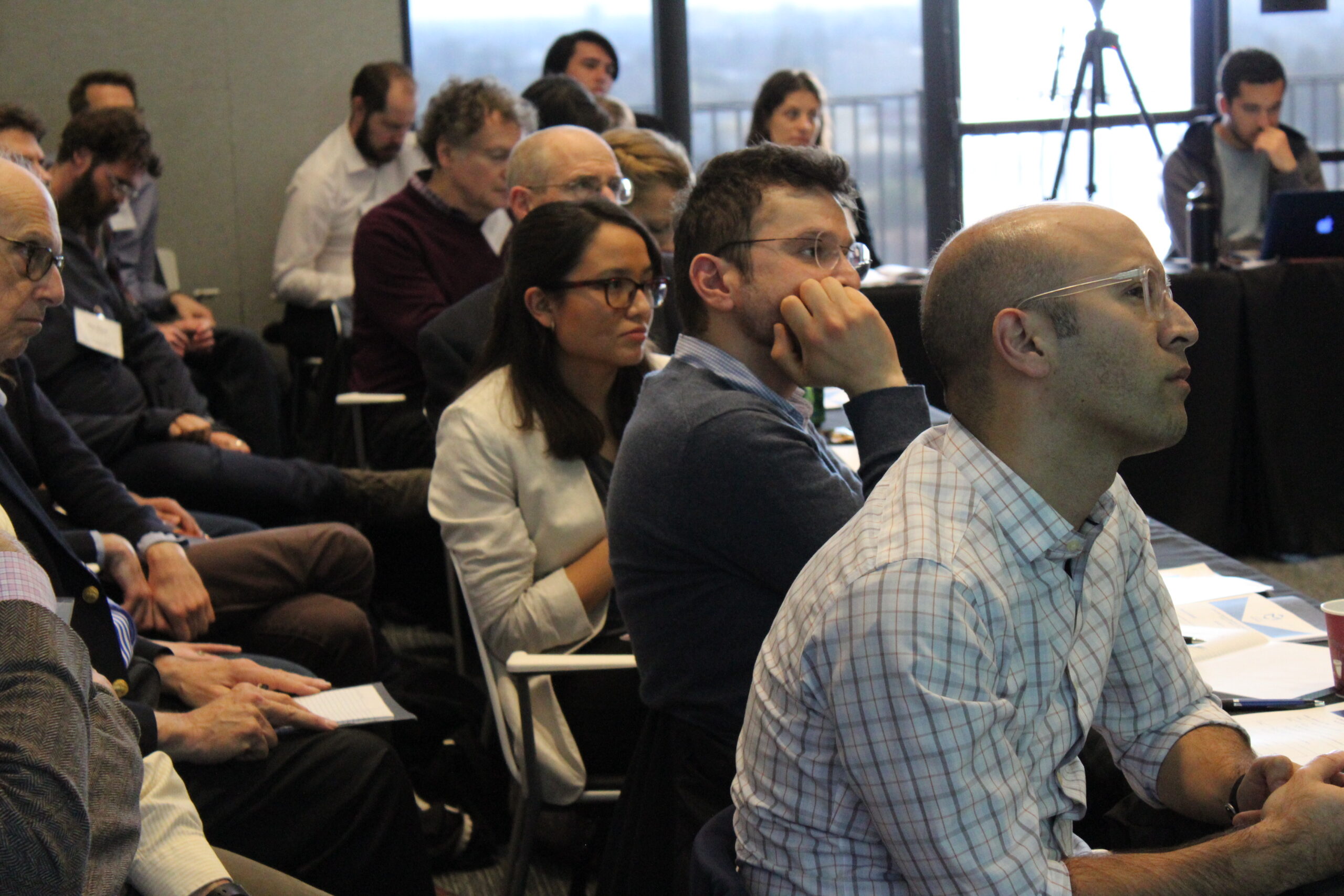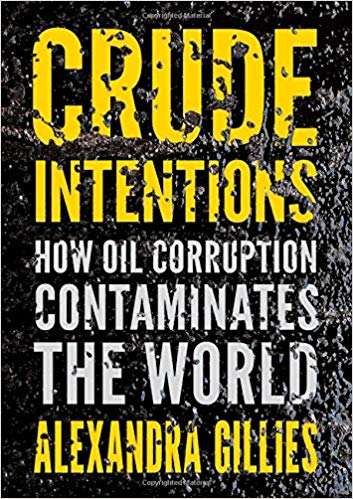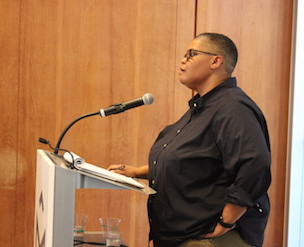“Liberate Hong Kong, Revolution of our Times.” These words, appearing in English and Chinese on the signs of pro-democracy protesters in Hong Kong, appeal for action, recognition, and solidarity. Such utterances are now prohibited, after the Beijing government passed a new national security law on June 30th. Chinese authorities maintain that this recent legislation is intended to prevent foreign intervention and separatist sedition, but critics in and beyond Hong Kong have argued that the new law grants Beijing unprecedented powers and that it will lead to the curtailment of civil liberties and free speech. Western commentators have sometimes described Hong Kong as a canary in a coal mine, a bellwether for democracy in Asia. Yet for China, it is the concept of “one country, two systems” that best captures the enduring and complex bond that links Hong Kong to the mainland.
On October 1, 2021, Social Science Matrix hosted a “Matrix on Point,” co-sponsored by the Center for Chinese Studies, that considered both the history and future of Hong Kong’s democracy movement. Panelists included Ching Kwan Lee, Professor of Sociology at the University of California, Los Angeles; Alex Chow, a doctoral student in the UC Berkeley Department of Geography; and Jeffrey Wasserstrom, Chancellor’s Professor of History at UC Irvine. Thomas Gold, Professor in the Graduate School at UC Berkeley, moderated the panel.
The panel was presented as part of the Matrix Solidarity Series, which features talks and panels that explore—and critique—the ethical foundations, concrete implementations, and prospective designs that foster connectedness, inclusiveness, tolerance, and equality. These conversations are meant to serve as an argument on behalf of the premises and practices of solidarity, and an exposition on the potential of the social sciences to contribute to it.
Panelists
Ching Kwan Lee is Professor of Sociology at the University of California, Los Angeles. Her research focuses on global and comparative issues, globalization, political sociology, and other areas, with a regional focus in Hong Kong, Taiwan, China, and Africa. She has published three award-winning monographs on China, and has co-edited the volume: Take Back Our Future: an Eventful Sociology of the Hong Kong Umbrella Movement (Cornell University Press, 2019)
Alex Chow is a social activist from Hong Kong and current doctoral student in the Department of Geography at the University of California, Berkeley. He is a former secretary-general of the Hong Kong Federation of Students and a former Vice-President (External) of the Hong Kong University Students’ Union. Chow was an organiser of the 2014 Occupy Central with Love and Peace campaign, a non-violent civil disobedience campaign aimed at promoting democracy in Hong Kong. He served time in jail for storming the government’s headquarters before the 2014 Occupy protests began. Chow earned his master’s degree at the London School of Economics.
Jeffrey Wasserstrom is Chancellor’s Professor of History at the University of California, Irvine, where he also holds courtesy positions in Law and in Literary Journalism. A cultural historian with a strong interest in connecting China’s past to its present and placing both into global perspective, his publications include Vigil: Hong Kong on the Brink (2020) and China in the 21st Century: What Everyone Needs to Know (2018). He received his PhD from Berkeley (History, 1989).
Thomas B. Gold (moderator) is Professor of the Graduate School at the University of California, Berkeley, where he taught in the Sociology Department from 1981 to 2018. From 2000-2016 he served as Executive Director of the Inter-University Program for Chinese Language Studies (IUP), a consortium of North American universities that administers an advanced Chinese language program at Tsinghua University in Beijing. He has also served as Associate Dean of International and Area Studies, founding Director of the Berkeley China Initiative and Chair of the Center for Chinese Studies. Professor Gold’s research focuses on many aspects of the societies of East Asia, primarily China and Taiwan. His co-edited (with Sebastian Veg) volume, Sunflowers and Umbrellas: Social Movements, Expressive Practices, and Political Culture in Taiwan and Hong Kong, will be published later this year by the Institute of East Asian Studies Press.

 The goal of the workshop was to explore recent advances in climate economics, with an emphasis on the linkage between empirical and numerical modeling methods. A major stated goal of the workshop was to bring junior and senior researchers together. The program consisted of presentations from an outstanding group of invited leading senior researchers, as well as a select group of junior researchers (PhD students and post-doctoral students).
The goal of the workshop was to explore recent advances in climate economics, with an emphasis on the linkage between empirical and numerical modeling methods. A major stated goal of the workshop was to bring junior and senior researchers together. The program consisted of presentations from an outstanding group of invited leading senior researchers, as well as a select group of junior researchers (PhD students and post-doctoral students). About the Book
About the Book Taylor began her lecture by describing how, in the 1960s, rat infestations were common in Black poor and working-class communities. “In the aftermath of riots in Philadelphia in 1964, a city commissioned report found that one hundred percent of reported rat bites happened in segregated, Black majority neighborhoods,” she said. “Housing segregation—maintained through a vexing combination of white terroristic violence, public policy, and the exclusionary practices of the private sector—insured the dilapidated and substandard condition of Black housing. These were the evidence of exclusion and enclosure and they boiled over into the electricity of successive waves of uprisings across the country.”
Taylor began her lecture by describing how, in the 1960s, rat infestations were common in Black poor and working-class communities. “In the aftermath of riots in Philadelphia in 1964, a city commissioned report found that one hundred percent of reported rat bites happened in segregated, Black majority neighborhoods,” she said. “Housing segregation—maintained through a vexing combination of white terroristic violence, public policy, and the exclusionary practices of the private sector—insured the dilapidated and substandard condition of Black housing. These were the evidence of exclusion and enclosure and they boiled over into the electricity of successive waves of uprisings across the country.” The program failed to remedy racial segregation and income inequality, Taylor said, as many families purchased homes that were in disrepair and had little chance of gaining value over time. “Miserable and dangerous housing conditions in the existing urban market led people to walk away from the homes they had recently purchased, and the numbers of defaults, foreclosures, and FHA insurance payments began to rise,” she said. “Where white housing was seen as an asset developed through inclusion and the accruable possibilities of its surrounding property, Black housing was marked by its exclusion and isolation, where value was extracted, not imbued. These racialized narratives of families, communities, and their built environments reinforced and naturalized the segregative practices among real estate brokers, mortgage bankers, and the white public. Indeed, these perceptions of insurmountable difference steeped in the permanence of blood, race, and culture constituted the underwriting criteria that determined who was to be excluded and who should be included.”
The program failed to remedy racial segregation and income inequality, Taylor said, as many families purchased homes that were in disrepair and had little chance of gaining value over time. “Miserable and dangerous housing conditions in the existing urban market led people to walk away from the homes they had recently purchased, and the numbers of defaults, foreclosures, and FHA insurance payments began to rise,” she said. “Where white housing was seen as an asset developed through inclusion and the accruable possibilities of its surrounding property, Black housing was marked by its exclusion and isolation, where value was extracted, not imbued. These racialized narratives of families, communities, and their built environments reinforced and naturalized the segregative practices among real estate brokers, mortgage bankers, and the white public. Indeed, these perceptions of insurmountable difference steeped in the permanence of blood, race, and culture constituted the underwriting criteria that determined who was to be excluded and who should be included.”